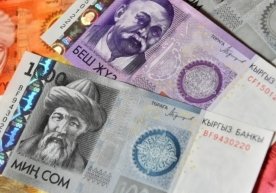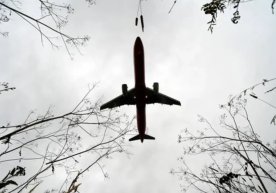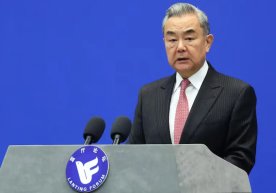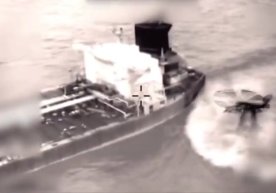European Union and Central Asia Cooperation Enters a New Phase
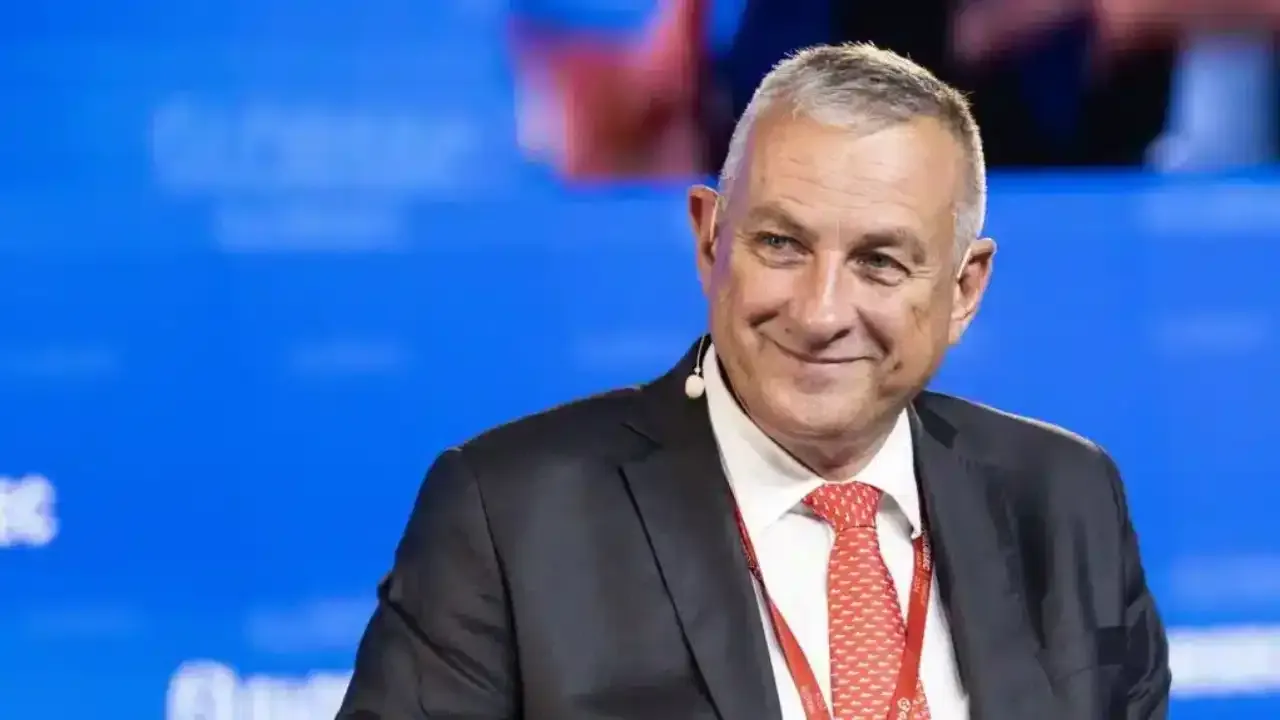
On November 26, during the third "European Union — Central Asia" Economic Forum held in Tashkent, European Union Commissioner for International Partnerships, Jozef Sikela, emphasized that the economic foundations of cooperation between the two regions have never been as solid as they are now. Speaking at the forum's opening ceremony, Sikela expressed gratitude to Uzbekistan for its hospitality and noted that this forum is the logical continuation of the "European Union — Central Asia" summit that took place in April of this year.
"We pledged to deepen our cooperation. Today, we are transforming our shared agenda into concrete actions," said Jozef Sikela.
The Commissioner highlighted Central Asia's significant advantages, including large reserves of mineral resources, a young and skilled workforce, and its strategic location at the crossroads of East and West. Meanwhile, the European Union offers advanced technologies, strong investment potential, and experience in regional integration.
The European Union remains Central Asia's second-largest trading partner, its biggest investor, and its major donor in the field of development. Although mutual trade volume increased by nearly 3% last year, Sikela pointed out that this progress is still insufficient.
He also emphasized the importance of the Enhanced Partnership and Cooperation Agreements. Significant results have been observed since the agreement with Kazakhstan came into force, and similar agreements have recently been signed or launched with Uzbekistan, Tajikistan, and Kyrgyzstan.
"These agreements open up new opportunities for trade, economic diversification, and sustainable growth, which benefit us all," said the Commissioner. Infrastructure development was also among the key topics of the forum.
Sikela provided detailed information on the "Global Gateway" strategy, the EU's response to global infrastructure initiatives. Under this strategy, a €12 billion investment package has been allocated specifically for Central Asia.
These funds are aimed at projects related to transport corridors, critical mineral resources, digital connectivity, water, energy, and climate. The Commissioner stressed that for Europe, not only raw materials but also the added value created in the region is of great importance.
This involves processing mineral resources locally, modernizing energy and transport systems to reduce costs and emissions, as well as creating an attractive environment for investments. During the forum, it was announced that six new agreements on critical mineral resources had been signed.
These agreements emphasize transparency, accountability, and collaboration in project development. Referring to European experience, Sikela encouraged the states in the region to strengthen institutions and continue efforts toward economic harmonization.
"Europe's achievements were attained over decades through trust and investment," he said. "As with banking, the best agreements are long-term and bring real benefits to all parties involved."
"Let today's forum be about such mutual benefits and focus on implementing them in practice," Jozef Sikela concluded his speech.














